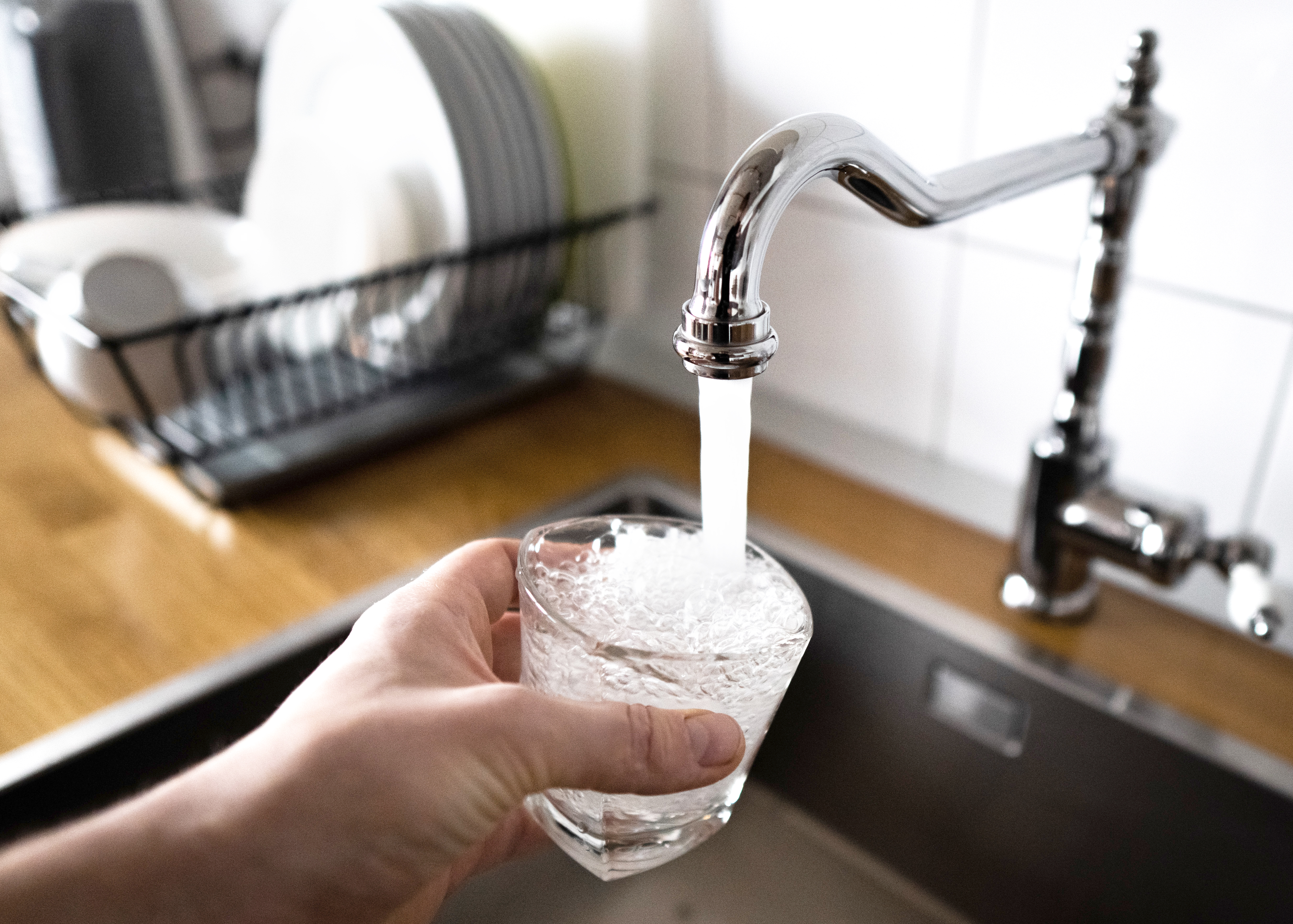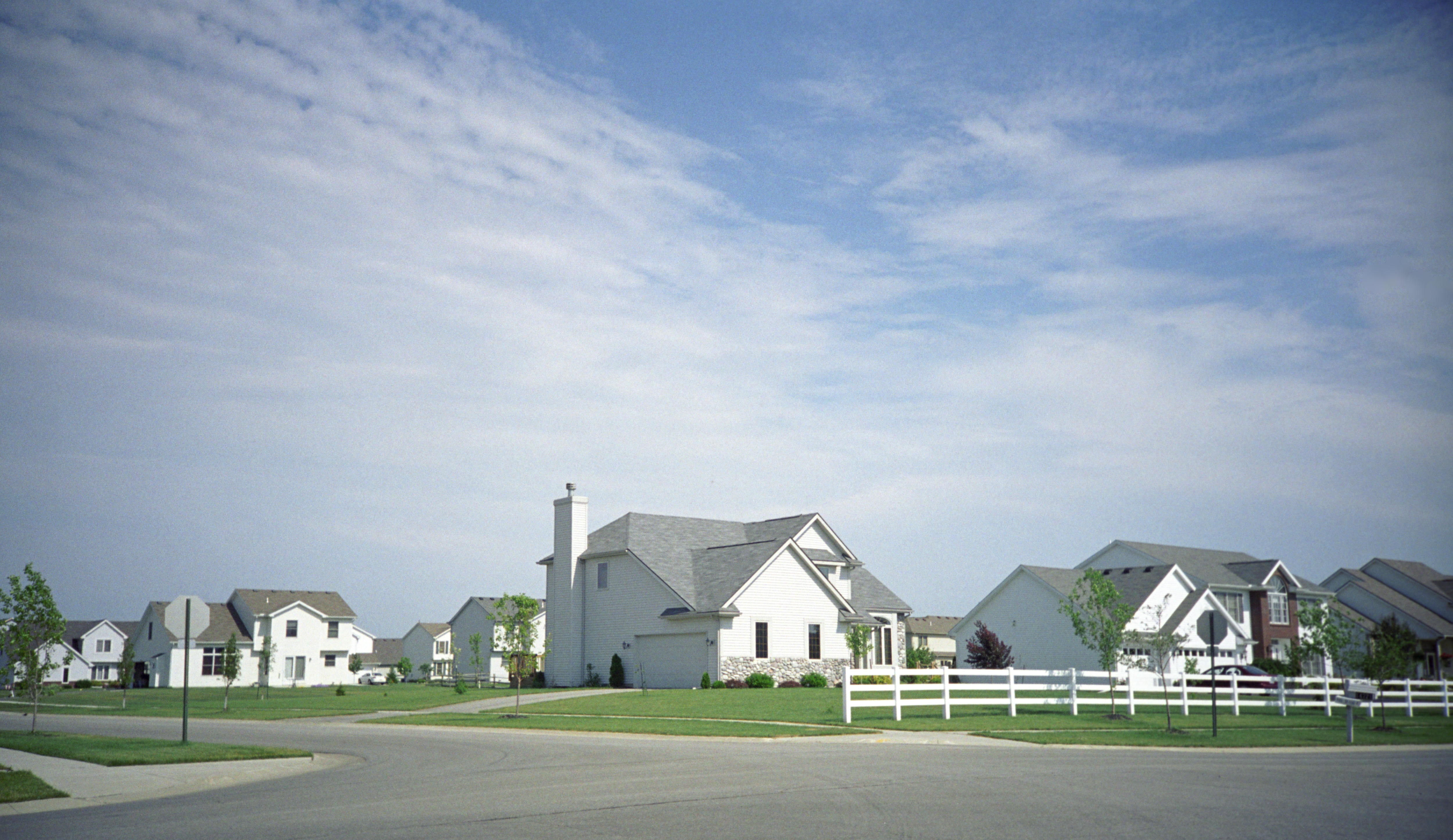
Learn how much plumbers cost in Columbus, Ohio. Discover pricing for faucet repairs, pipe work, and emergency services, plus how you can save money.
Plumbing costs depend on your project and location. Check with a local pro for your specific job.
Title 5 inspections are required for property sales in many areas.
Inspection costs depend on system size, age, and accessibility.
Additional fees may apply for septic pumping or expedited reports.
Proper inspections help avoid costly repairs and legal issues.
Hiring a certified Title 5 inspector ensures compliance and peace of mind.
Title 5 inspection costs average $500, with most ranging from $400 to $600 depending on your location and system specifics. Homeowners may pay as little as $300 or as much as $900 for complex properties or urgent requests. Costs are quoted per inspection, not per square foot.
A Title 5 inspection is vital for property transactions in areas with private septic systems. This guide breaks down what influences your inspection cost, what to expect during the process, and how to plan for related expenses.
Understanding what goes into your Title 5 inspection cost can help you budget and avoid surprises. Several factors—from the type of inspection to the size of your property—directly impact the final price.
There are several types of Title 5 inspections, each with its own price tag. A standard inspection is required for most property sales, while advanced or re-inspections might be necessary after repairs or for unique system types.
The more complex or thorough the septic inspection, the higher the cost. Full inspections are required for property transfers, while partial or re-inspections may cost less if only certain components are checked.
| Inspection Type | Average Cost Range | Description |
|---|---|---|
| Standard | $400–$700 | Routine inspection for property sale or transfer |
| Advanced/complex | $700–$1,200 | Includes camera/video diagnostics, large or unusual systems |
| Re-inspection | $200–$400 | Follow-up after repairs or previous failure |
The size of your property and the number of bedrooms influence inspection pricing. Larger homes and multi-family properties often have more complex septic systems, requiring additional time and resources to inspect thoroughly. Inspectors may charge more for systems designed for higher occupancy.
| Property Size/Bedrooms | Average Cost Range |
|---|---|
| 1–3 bedrooms | $400–$600 |
| 4–5 bedrooms | $600–$900 |
| 6+ bedrooms/multi-unit | $900–$1,200 |
During a Title 5 inspection, several system components are checked, and sometimes special equipment or materials are needed. If your system is hard to access or requires advanced tools—like a camera for pipe inspection—additional costs may be added to your bill.
| Component/Material | Additional Cost | Notes |
|---|---|---|
| Camera/video inspection | $150–$350 | Used for pipes or hard-to-reach areas |
| Digging tools/equipment | $50–$200 | If covers or boxes are buried and need uncovering |
| Replacement covers | $40–$100 | If existing covers are damaged or missing |
Title 5 inspections must be performed by licensed professionals, such as certified septic inspectors, engineers, or specialized contractors. Labor fees depend on local rates, the inspector’s qualifications, and the complexity of your system. Regions with higher living costs may see higher hourly rates. If your system is older, hard to access, or lacks documentation, labor time—and thus your total cost—can increase.
Preparing the site for inspection is sometimes overlooked but can add to your total cost. If your septic tank covers are buried or the area is overgrown, either you or the inspector will need to locate and uncover them. Some inspectors charge extra for this service.
Emergency or expedited inspections, such as those needed for quick property closings, often include additional fees for priority scheduling.
Several other factors can affect your total Title 5 inspection cost, including:
Septic tank pumping, which is often required before or during the inspection, can cost $250 to $500.
Local filing or administrative fees for submitting inspection reports can add $25 to $50.
Permit costs, if repairs are required after inspection, vary by municipality.
Post-inspection repair expenses if your system fails.
Expedited report fees or requests for additional documentation may add $50 to $200.
Travel surcharges for remote or hard-to-reach properties.
A Title 5 inspection requires special testing, system access, and detailed reports that homeowners can’t safely or legally do on their own. While you might save a little on prep work, only a licensed professional can perform the inspection itself. Remember, hiring a pro keeps your property transfer compliant. To check prices and availability, look for a local home inspector.
A professional handles the technical, legal, and hands-on parts of the process, so you don’t have to worry about errors or delays. That includes:
Completing the official Title 5 reports required for home sales as a certified inspector
Inspecting septic components safely, including tanks, baffles, and distribution boxes
Using specialized tools, such as cameras or locators, to evaluate buried or hard-to-reach systems
Identifying potential issues early to help you avoid expensive repairs or a failed inspection
Managing all documentation and filing paperwork correctly with your local health department
It bears repeating that you can’t legally complete a Title 5 inspection yourself, but you can handle a few simple tasks ahead of time to streamline the process and save on labor:
Locate and uncover your septic tank covers so the inspector doesn’t have to dig around.
Clear vegetation, debris, and obstacles around the tank and leach field to ensure easier access.
Gather system records, past inspection reports, and pumping history, if available.
Mark known system components, like risers or distribution boxes, to help your inspector navigate the site.
Check for visible signs of trouble, including standing water or strong odors, and share them with your inspector.
Some Title 5 inspections require or benefit from extra services, which can increase the total cost. Common add-ons include:
Septic tank pumping before inspection: $250 to $500
Camera or video inspection for advanced diagnostics: $150 to $350
Expedited or same-day inspection report delivery: $50 to $200
Additional system component testing, such as well water or distribution box checks: $75 to $150 per test
Filing or administrative fees for local health department submission: $25 to $50
Follow-up or re-inspection after repairs: $200 to $400
Add-ons are chosen based on system age, condition, or specific property transaction requirements.
There are several ways to keep your Title 5 inspection cost manageable without sacrificing quality or compliance:
Schedule inspections during off-peak times to avoid rush or emergency fees
Prepare the site in advance by locating tank covers and clearing access points
Bundle septic pumping with your inspection to get a package discount
Obtain multiple quotes from certified inspectors to compare services and prices
Maintain your septic system regularly to reduce the risk of expensive repairs or re-inspections
Ask about all-inclusive pricing to avoid hidden or surprise fees
By following these tips, you can ensure a smooth inspection process and potentially save hundreds of dollars.
Clarify whether your system needs pumping beforehand and which services fit your budget.
Share property specifics, like the number of bathrooms and the age of your septic system.
Ask about expected timelines, including report turnaround and any travel or add-on fees.
Provide information about system accessibility, like buried tank covers or overgrown areas.
Discuss any additional testing you may need, like camera inspections or water quality checks.
Home is the most important place on earth, which is why Angi has helped more than 150 million homeowners transform their houses into homes they adore. To help homeowners with their next project, Angi provides readers with the most accurate cost data and upholds strict editorial standards. We extensively research project costs to develop the pricing data you see, so you can make the best decisions for you and your home. We rely on reputable sources, including the U.S. Bureau of Labor Statistics, academic journals, market studies, and interviews with industry experts—all to ensure our prices reflect real-world projects.
Want to help us improve our cost data? Send us a recent project quote to [email protected]. Quotes and personal information will not be shared publicly.
From average costs to expert advice, get all the answers you need to get your job done.

Learn how much plumbers cost in Columbus, Ohio. Discover pricing for faucet repairs, pipe work, and emergency services, plus how you can save money.

Learn about main water line repair costs in Columbus and what affects pricing to be prepared before you start getting estimates.

Discover the leading factors affecting your main water line replacement cost in Columbus, including length, material selection, and installation details.

Most homeowners will eventually need to replace bathroom hardware. This guide breaks down bathtub faucet installation costs, so you can upgrade your bathroom.

Need to stop a plumbing leak quickly and minimize water damage in your home? Buy yourself some time with these temporary fixes for a leaking pipe.

Fixing a leaky faucet starts with knowing which type of faucet you have. Follow these steps to learn how to fix a leaky faucet in no time.